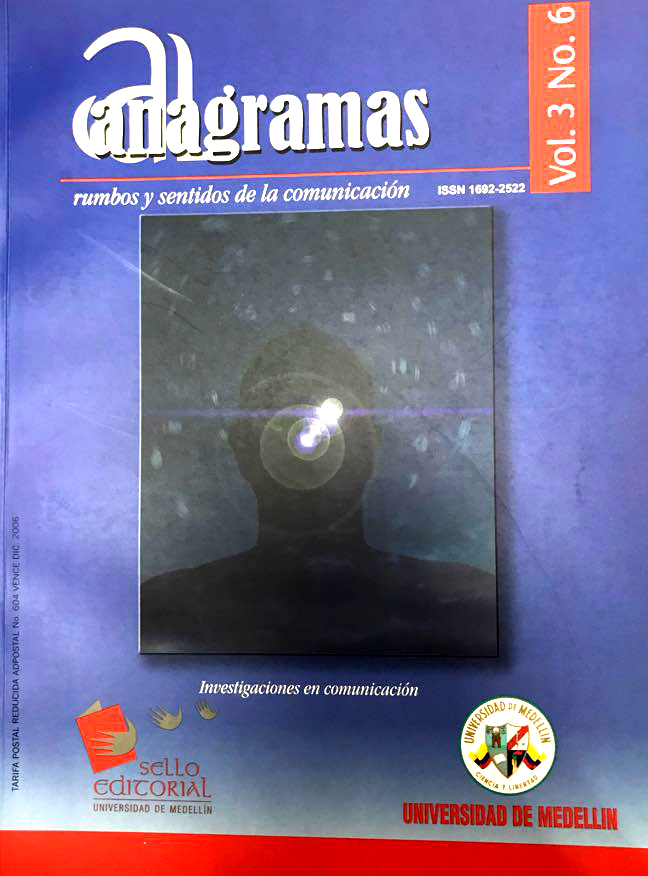"The dirty war has no place in our policy." An analysis of the belief system
Main Article Content
Abstract
There is a relationship between social cognition and the conversational structures of discourse; the
analysis of beliefs systems, -upon getting to the bottom of those structure used to formulate explanations
over their functions and cognitive, social, political, historical, and cultural contexts; does not only encircle
the study of the discursive expression, but also the reproduction of ideology to which this latter belongs
and represents. Furthermore, the conversational structures used in any discourse are influenced by the
individual social practices and reflect the mental model of he who carries it out.
Based on these elements, an analysis over the beliefs system was carried out parting from the articles
that were published around Colom bian President’s, Álvaro Uribe Vélez›s, speech before the United
Nations’ General assembly in New York, on September, 29th, 2004. The analysis attempts to compare
the factual as well as the evaluative beliefs systems that are present in those articles published by
various newspaper to outline that speech. Seven articles constitute the sample, including the speech
transcription. After the reading, some primary conclusions are presented in regards to the manipulation
of factual beliefs (knowledge) in order to generate evaluative beliefs (opinions);b). the function of implicit
exhortatory speech acts; and the relationship between the newspaper’s ideology and that of the journalists.
analysis of beliefs systems, -upon getting to the bottom of those structure used to formulate explanations
over their functions and cognitive, social, political, historical, and cultural contexts; does not only encircle
the study of the discursive expression, but also the reproduction of ideology to which this latter belongs
and represents. Furthermore, the conversational structures used in any discourse are influenced by the
individual social practices and reflect the mental model of he who carries it out.
Based on these elements, an analysis over the beliefs system was carried out parting from the articles
that were published around Colom bian President’s, Álvaro Uribe Vélez›s, speech before the United
Nations’ General assembly in New York, on September, 29th, 2004. The analysis attempts to compare
the factual as well as the evaluative beliefs systems that are present in those articles published by
various newspaper to outline that speech. Seven articles constitute the sample, including the speech
transcription. After the reading, some primary conclusions are presented in regards to the manipulation
of factual beliefs (knowledge) in order to generate evaluative beliefs (opinions);b). the function of implicit
exhortatory speech acts; and the relationship between the newspaper’s ideology and that of the journalists.
Keywords:
How to Cite
Londoño Vásquez, D. A. (2015). "The dirty war has no place in our policy." An analysis of the belief system. Anagramas Rumbos Y Sentidos De La Comunicación, 3(6), 145–160. Retrieved from https://revistas.udem.edu.co/index.php/anagramas/article/view/1107

